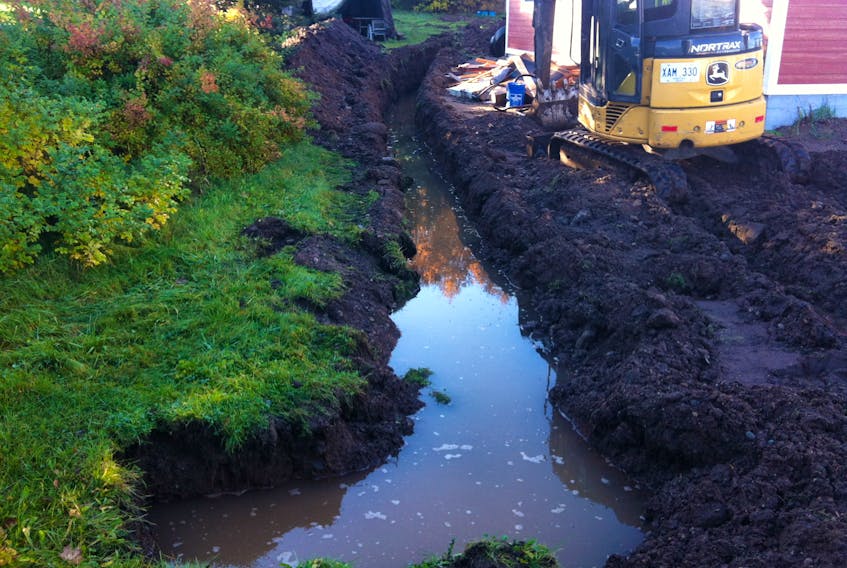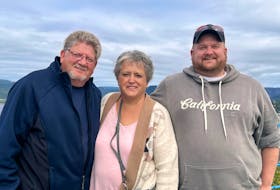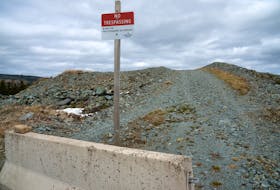Raymond Wagner isn’t a fan of arbitration law at the best of times because he feels it rarely works out for the plaintiff.
Now the Halifax lawyer representing plaintiffs in a class-action lawsuit over seepage issues allegedly caused by the Deer Lake Canal is faced with wading through an arbitration process based on little-used legislation and agreements that date back more than 100 years.
“I don’t know if this process has ever been utilized,” he said Tuesday afternoon, hours after the release of a court ruling that the arbitration procedure must be followed before any litigation should proceed.
Corner Brook Pulp and Paper was successful in its application to have court proceedings stayed in relation to the class action brought forth by Wagner’s law firm in May 2015. It was filed on behalf of a number of property owners who claim flooding caused by the canal has resulted in damage to their homes.
Related stories:
Judge to rule on Corner Brook Pulp and Paper’s application in Deer Lake Canal seepage case
Deer Lake council still awaiting engineering report on canal seepage
The canal is part of the infrastructure built for the hydroelectricity plant in Deer Lake that has been providing power to the Corner Brook mill since it began operations in 1925.
The paper company, its parent company Kruger Inc. and subsidiary Deer Lake Power, along with the Town of Deer Lake and the provincial government, are all defendants in the lawsuit.
The application for the stay of proceedings was opposed not only by the plaintiffs, but also the Town of Deer Lake and the provincial government. Neither Kruger, nor Deer Lake Power, made any arguments on the matter.
In December 2016, Corner Brook Pulp and Paper argued in court that there are century-old agreements between the company and the Government of Newfoundland and Labrador, and subsequent legislation dating back to the 1920s, which outline how disputes between the company and third parties are to be settled.
The company argued the mechanisms in place include settling disputes — such as the issues these property owners have ‘ through arbitration, rather than litigation.
The plaintiffs had argued that arbitration could involve hearings for 350 or more individual cases. The plaintiffs also wanted the application to be heard as part of the class-action lawsuit and not prior to the lawsuit’s certification by the courts.
Justice David Hurley, who heard the arguments in the Supreme Court of Newfoundland and Labrador, recently released his decision to grant the stay of proceedings, provided the matter is referred to mandatory arbitration.
Neither the paper company nor anyone from the Department of Justice and Public Safety would do an interview or offer any comment because they are parties involved in the matter before the courts.
Wagner has not yet fully researched what the old legislation entails or how it might be different from typical arbitration law found in other jurisdictions.
“My sense of it is that this legislation applies to circumstances that are no longer the case,” he said of the century-old law specific to the paper mill. “I think this is just an effort to avoid litigation.”
The paper company argued in court that litigation would still be available to those third parties if they were not satisfied with the arbitration results, but Wagner said his understanding of that is that litigation might only apply to challenging the results of the arbitration process.









